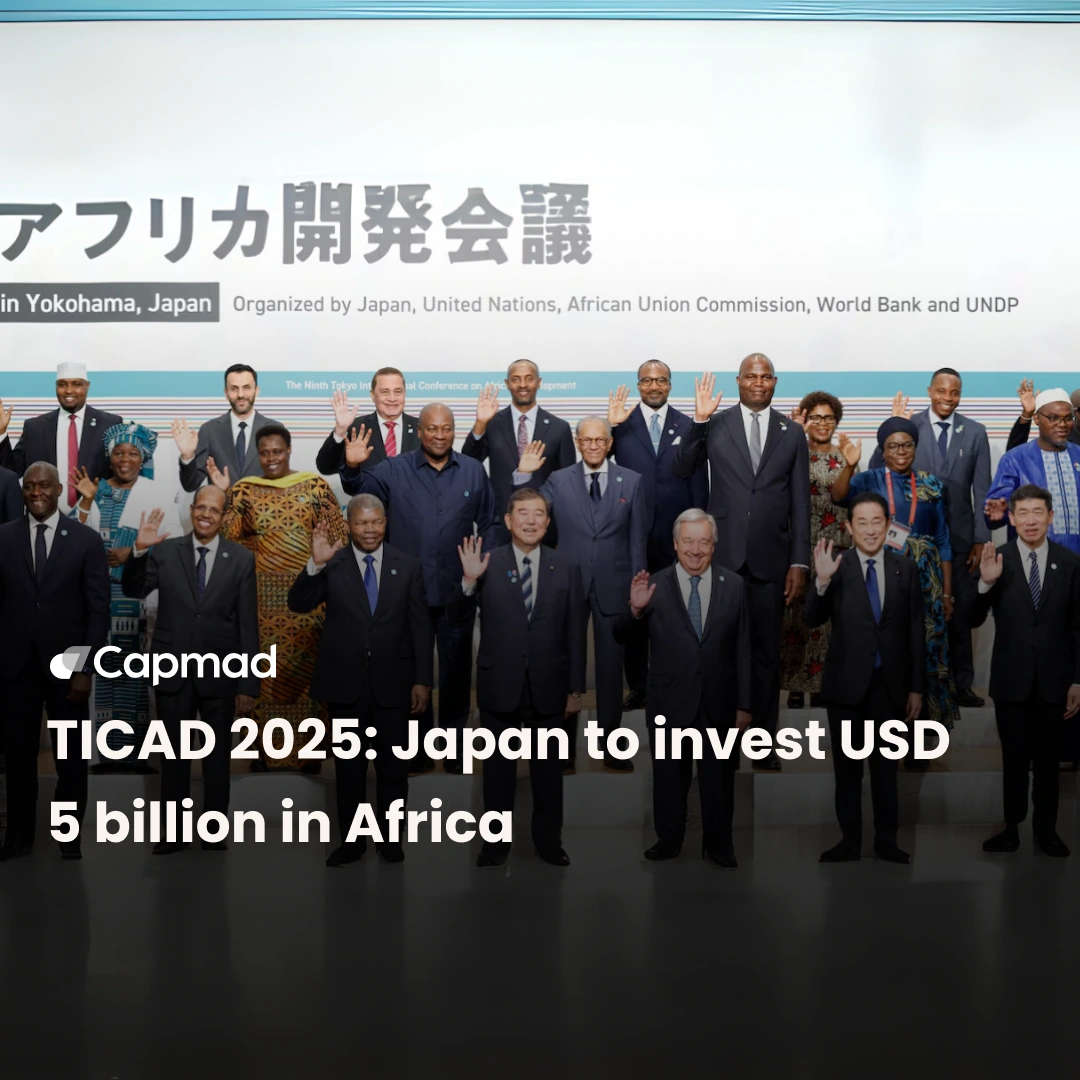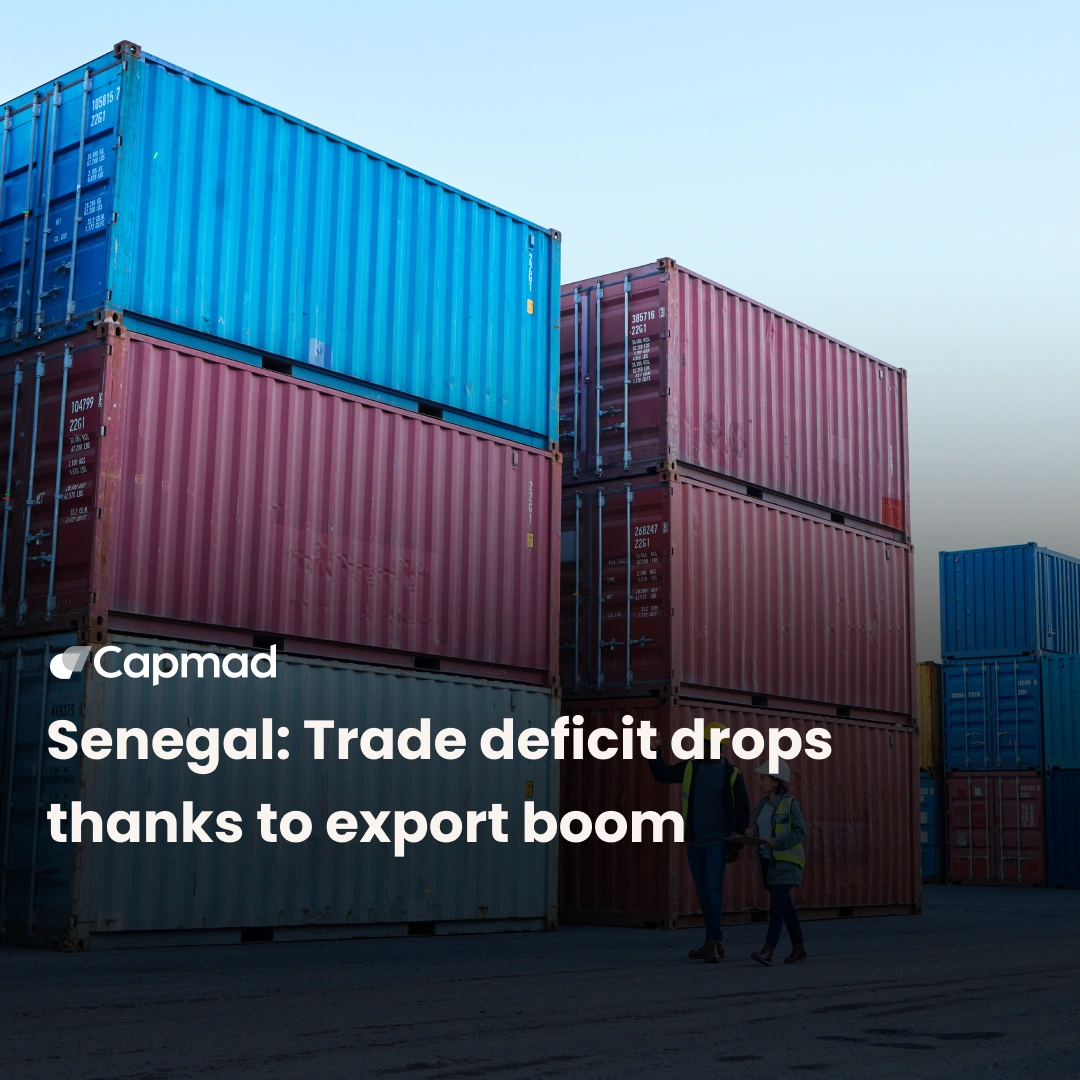Tanzania is the fourth-largest gold producer in Africa and ranks 18th globally. The country is boosting its production of the precious metal, aiming to produce more than 6 tons of gold annually. Miners and gold traders are now required to allocate at least 20 % of their gold production to the Central Bank of Tanzania.
20 % of gold production allocated to the Tanzanian Central Bank
Tanzania’s national gold reserves are on the rise, with recent efforts to accelerate the country’s reserve growth signaling better prospects for the national currency. As part of its latest initiative, Tanzania has ordered all miners and gold traders to allocate at least 20 % of their gold production to its central bank.
According to the Bank of Tanzania (BoT), this strategy aims to help the country diversify its foreign exchange reserves. By increasing its gold reserves, Tanzania hopes to counter the downward pressure on the Tanzanian shilling. According to the country’s authorities, « this diversification is designed to protect Tanzania’s wealth from currency devaluation and economic instability caused by global shocks ».
Reports show that Tanzania has ramped up its gold purchases from local miners since the last financial year, which ended in June 2024. During the 12 months leading up to June, the central bank purchased 418 kg of gold to bolster its reserves, and in the current financial year, it plans to buy 6 tons of gold.
Bold directive to build the country’s gold reserves
The regulatory body overseeing gold in Tanzania is the Tanzania Mining Commission. This body issued a statement indicating that the directive will take effect from October 1 and is part of the new mining law. « Miners and traders will be required to submit the allocated gold to two major mineral refineries: Eye of Africa Ltd in the capital Dodoma and Mwanza Precious Metals Refinery Ltd in Mwanza », the statement said.
Tanzania also expects all major gold traders to strictly adhere to its new foreign exchange regulations. Among other measures, this directive mandates the repatriation of foreign exchange earnings from gold sales within 90 days.
Tanzania’s foreign exchange reserves stood at 5.29 billion USD at the end of July, which, according to industry experts, is enough to cover just over four months of imports of goods and services.
Gold production in Tanzania
In 2023, Tanzania was ranked 18th globally among gold producers according to GlobalData. In Africa, Tanzania is the fourth-largest producer of gold, accounting for 1 % of the total global gold production to date. Production in 2023 increased by 1 % compared to 2022, and over the five years leading up to 2022, Tanzania’s production had decreased at a compound annual growth rate (CAGR) of 0.5 %, but it is expected to grow at a CAGR of 1 % between 2023 and 2027.
Tanzania announced the creation of a national gold reserve during the presentation of the 2023-2024 budget last year. With the establishment of the national gold reserve, Tanzania now has both a gold reserve and a dollar reserve. Previously, the country only had the US dollar as its foreign exchange reserve.
Tanzania is not the only country looking to increase or establish national gold reserves. This decision comes as many other central banks around the world are choosing to use gold as a local reserve currency rather than relying solely on dollar reserves.
As more countries build up gold reserves, global demand for gold is rising, and consequently, the price of gold is increasing. In 2020, Tanzania produced approximately 40.4 tons of gold, and the country’s gold reserves were estimated at around 1,300 tons. Currently, the main gold producers in Tanzania are AngloGold Ashanti and Barrick Gold, which primarily export their gold production, significantly contributing to the country’s foreign exchange revenues.
Benefits of storing value in gold
The primary advantage of establishing a gold reserve in Tanzania is that it plays an important role in economic stability by strengthening the local currency. Gold is a safe-haven asset, offering protection against financial uncertainties and currency fluctuations.
By accumulating and holding gold reserves, Tanzania can mitigate risks associated with global economic volatility and preserve the value of its currency. This stability:
- Enhances investor confidence
- Encourages foreign direct investment
- Fosters an environment conducive to economic growth
When a country has its national gold reserve, it diversifies its asset base rather than relying solely on foreign currencies like the dollar. This reduces dependency on a single asset class and promotes a balanced portfolio with tangible resources. By diversifying its assets, Tanzania can effectively mitigate risks associated with fluctuations in global financial markets and commodity prices.
Furthermore, by establishing the national gold reserve, Tanzania asserts its national sovereignty. The Tanzanian gold reserve will also give the country greater control over the resource and allow it to benefit from the extraction and processing of gold. The added value from gold will increase the economic impact of the gold sector and promote technological advances and knowledge transfer.
Tanzania’s gold reserve will require effective governance and regulation, ensuring that its mining sector operates in an environmentally responsible manner, protecting ecosystems and preserving natural resources for future generations.






